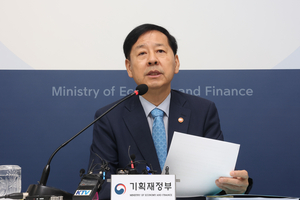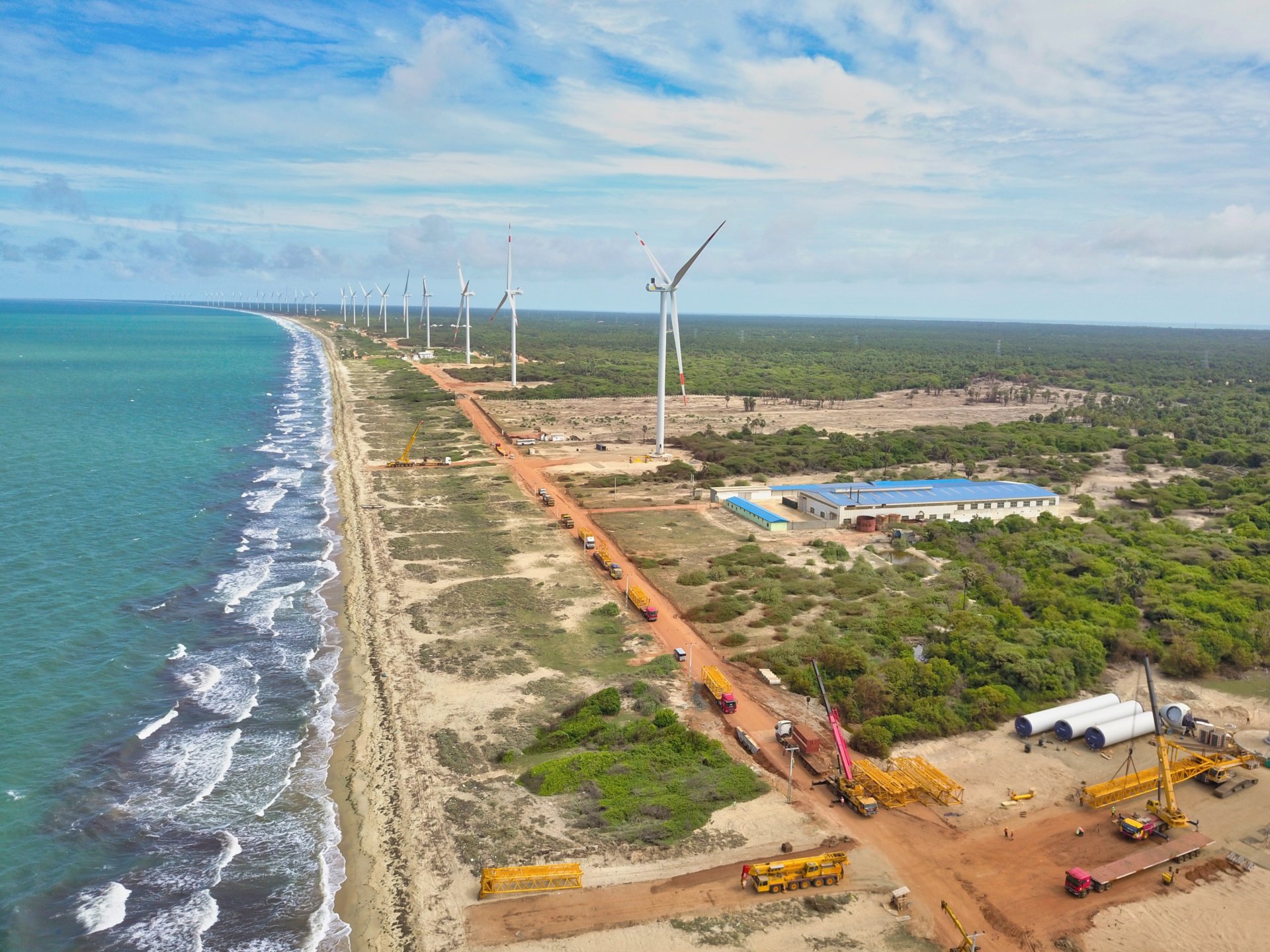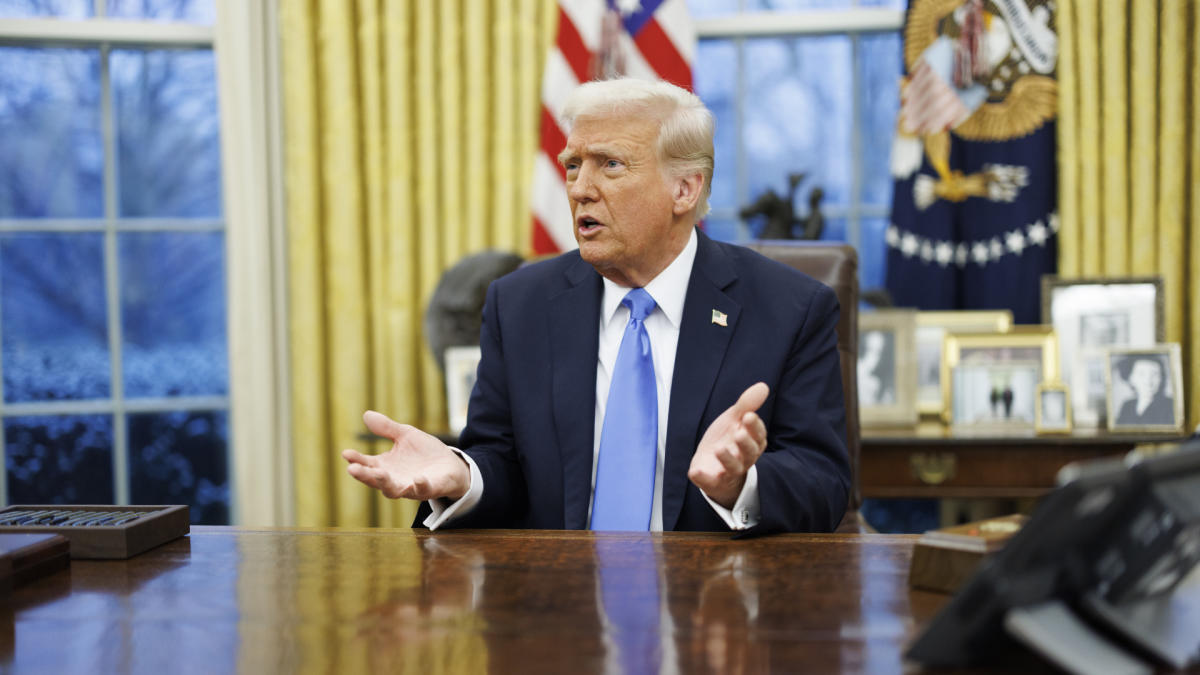Fiscal Squeeze: The Price Tag of Economic Transformation

In a strategic shift, South Korea's Finance Minister Koo Yun-cheol is advocating for a nuanced approach to economic development, emphasizing targeted investments in key strategic sectors rather than solely focusing on budget reductions. His perspective highlights a critical insight: sustainable economic growth is the primary pathway to national prosperity.
Minister Koo argues that while fiscal discipline is important, simply cutting spending can potentially stifle innovation and economic momentum. Instead, he recommends a more proactive strategy of channeling resources into high-potential industries that can drive long-term economic expansion and competitiveness.
By prioritizing strategic investments, South Korea can position itself to capitalize on emerging technological trends, foster innovation, and create new economic opportunities. This approach suggests a forward-looking economic policy that balances fiscal responsibility with strategic growth initiatives.
The minister's stance reflects a broader understanding that economic resilience comes not just from cost-cutting, but from strategic positioning and investment in sectors with significant potential for national development and global competitiveness.








